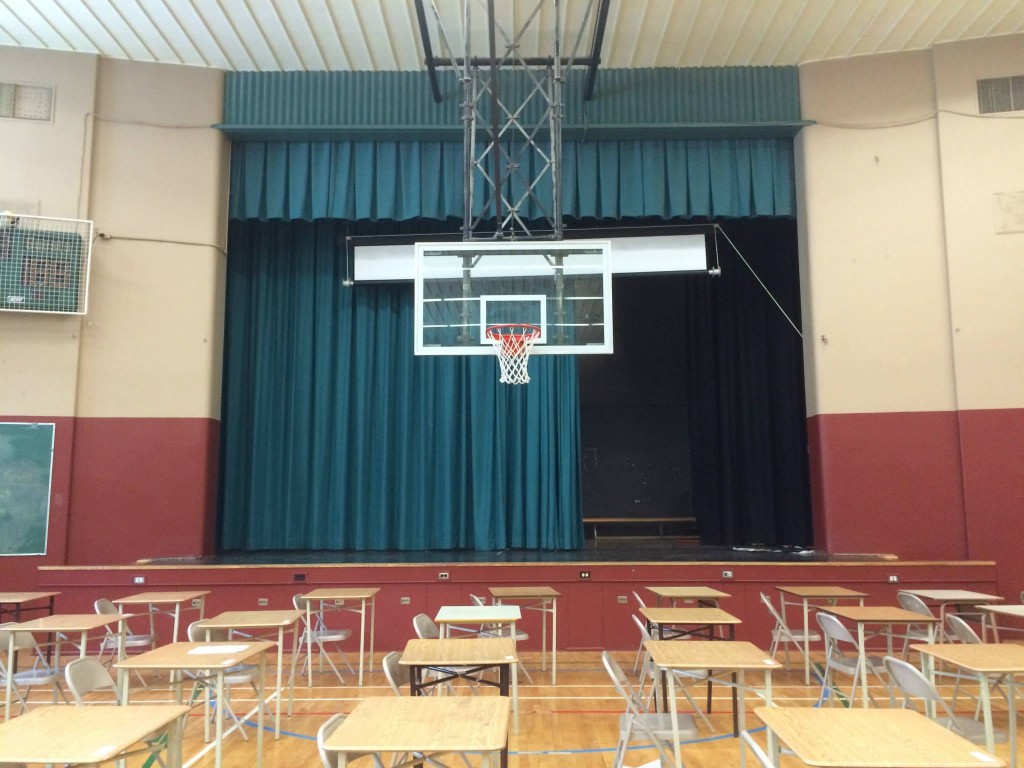In Quebec, teachers have been told not to teach while the schools are closed for this initial 2-week period (it is hard to believe it has been less than a week that the schools have been closed!):
“Teachers, as per the Minister of Education’s statements today, will not be providing work to students over the two week school closure period. As he stated, teachers will work with their students to catch-up when schools re-open.” From this EMSB Director General update on March 13, 2020.
These directives will be updated as of March 27 but for now, this is how it stands.
Over the past few days, a number of people have asked me for suggestions regarding homeschooling their children. Some parents are angry that teachers aren’t immediately creating Google classrooms and skype lessons so they are asking – what should we do?
For a little while there, at the onset, I was sharing lists of free resources for learning at home but after about a day, I stopped.
Why did I stop? It was getting to be too much. There are SO MANY lists floating around that I realized – wait. It almost feels like education resource companies (educational technology, textbook, evaluations, etc…) are creating a false sense of panic. This escalated sharing of lists and resources of free (for now) resources started to remind me of people grabbing up as much toilet paper as they could.
So what have I been doing since then? My response is now always the same. Read. Read alone and read together.
Readers create thinkers but even more important reading together creates feelings of care and security. We need to build those feelings up right now.
Reading together can be an adult reading to children, children reading to adults or to each other, or everyone listening to stories together through their library’s audio books (Quebec’s library, the BANQ, has TONS of audio books in English and in French), Storyline Online, Boukili (en francais, for little ones), or from any of the many, many wonderful authors who have begun to read to us over the Internet.
If you are working from home, book (ha ha) reading time before or after work. And while you are working? It is more than ok if your children play. Play also helps to increase feelings of security and as an added bonus it is important in brain development.
Imagine for now if each of your child’s teachers sent home work to do. Now reflect on that scenario with multiple children. And now reflect on that scenario for people with no access to a computer at home for each of those children to work. And now imagine all of the screen time that this will entail. Here is one woman’s heart-felt response as she lives this reality. In fact, this is the video that inspired this article.

